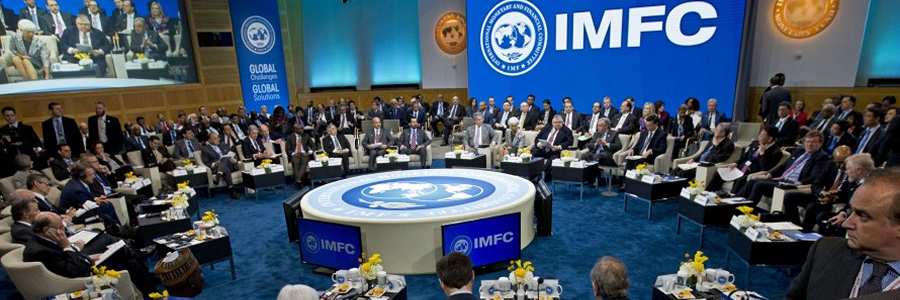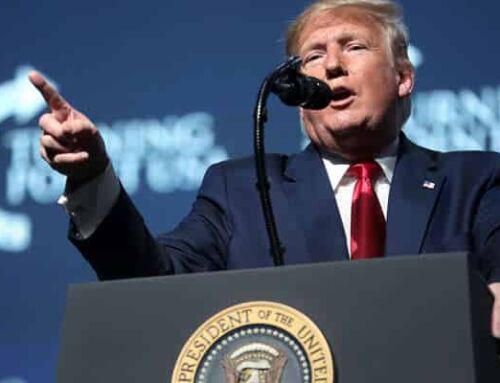Global Economic Growth On The Rise
Global economic growth is strengthening according to economists at the International Monetary Fund. The IMF sees positive trends in investment, manufacturing, and trade worldwide. As a result, International Monetary Fund economists have raised the outlook for global economic growth, predicting the world economy will grow by 3.5 percent in 2017.
Global economic growth of 3.5% represents an increase of 0.4 percent from 2016 growth figures. This kind of global growth should provide a strengthening environment for both trade finance and project finance worldwide.
Global Economic Growth Forecast Increased
The International Monetary Fund (IMF) has raised its outlook for global economic growth, predicting the world economy will grow by 3.5 percent in 2017. The revised forecast suggests the global economy could well be on course for its strongest performance in several years, bolstered by manufacturing and trade gains in Europe, Japan and China and promising prospects in large emerging markets.
Momentum in the global economy has been building since the middle of last year, allowing us to reaffirm our earlier forecasts of higher global growth this year and next. We project the world economy to grow at a pace of 3.5 percent in 2017, up from 3.1 percent last year, and 3.6 percent in 2018. Acceleration will be broad based across advanced, emerging, and low-income economies, building on gains we have seen in both manufacturing and trade.
We issued new projections for 2017 in the April World Economic Outlook which are marginally higher than what we expected in our last update. This improvement comes primarily from good economic news for Europe and Asia, as well as our continuing expectation for higher growth this year in the United States.
Despite these signs of strength, many other countries will continue to struggle this year with growth rates significantly below past readings. Commodity prices have firmed since early 2016, but at low levels, and many commodity exporters remain challenged – notably in the Middle East, Africa, and Latin America. At the same time, a combination of adverse weather conditions and civil unrest threaten several low-income countries with mass starvation. In Sub-Saharan Africa, income growth could fall slightly short of population growth, but not by nearly as much as last year.
Global Economic Growth Markedly Improved From Last Year
The IMF has been somewhat pessimistic in its predictions since the 2008 financial crisis, but the Obama Administration never gave anyone cause to believe in economic growth. After all, he didn’t.
This forecast is a marked improvement on last year’s growth prediction of 3.1 percent. The IMF has been somewhat pessimistic in its predictions since the 2008 financial crisis, expressing concern over the global economy’s slow rate of recovery. The upward revision, therefore, strikes a more positive tone, estimating that the world economy could grow at its fastest rate in five years.
Despite this optimistic outlook, the fund also warned that creeping protectionism and looming geopolitical tensions are a threat to global growth. According to the report, protectionist policies in advanced economies could ultimately lead to “trade warfare”.
As a staunch defender of free trade policies, the IMF reiterated this position in its latest report, suggesting that “inward-looking policies” and excessive use of tariffs and duties may ultimately damage the global economy. Last week, Christine Lagarde, the fund’s managing director, warned that a “sword of protectionism” hung over the global economic future.
Since taking office in January, US President Donald Trump has pursued several protectionist policies, abandoning the Trans-Pacific Partnership and pushing a ‘buy American, hire American’ rhetoric. While the IMF expects the US economy to grow by a moderate 2.3 percent this year, it could see Trump’s aggressive economic policy as a threat to further US growth.
IMF Still Sees Obstacles To Global Economic Growth
In addition to targeting trade protectionism, the report also identified low productivity and high-income inequality as crucial impediments to global growth. Weakening levels of productivity are identified as a major medium-term challenge for many emerging market and developing economies.
According to Obstfeld: “Whether the current momentum will be sustained remains a question mark… The world economy still faces headwinds.”








